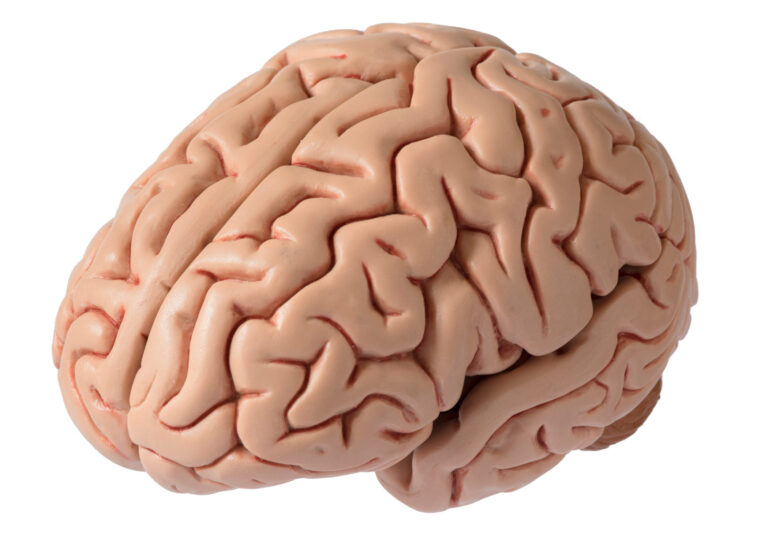Aphasia is a cognitive disorder that affects a person’s ability to communicate and understand language. It is caused by damage to the brain’s language centers, which can occur due to a stroke, traumatic brain injury, or degenerative diseases like Alzheimer’s. This disorder can be frustrating and challenging for those who have it, as well as their loved ones. In this article, we will explore the different types of aphasia, its symptoms, causes, and available treatments.
Types of Aphasia:
There are two main types of aphasia: receptive and expressive. Receptive aphasia, also known as Wernicke’s aphasia, is characterized by difficulty understanding language. People with this type of aphasia may have trouble following conversations, reading, and comprehending written or spoken words. Expressive aphasia, also called Broca’s aphasia, is marked by difficulty speaking and expressing thoughts. People with this type of aphasia may have trouble forming sentences or finding the right words to express themselves.
Symptoms of Aphasia:
The symptoms of aphasia can vary depending on the type and severity of the disorder. Some common symptoms include difficulty speaking or understanding language, difficulty reading and writing, trouble with word retrieval and using correct grammar, and impaired ability to name objects or people. Additionally, people with aphasia may have trouble understanding non-verbal cues, such as facial expressions or gestures, which can make social interactions challenging.
Causes of Aphasia:
As mentioned earlier, aphasia is caused by damage to the brain’s language centers. This damage can be the result of a stroke, which is the most common cause of aphasia. A stroke occurs when there is a disruption in the blood supply to the brain, leading to brain cell death. Other causes of aphasia include traumatic brain injury, brain tumors, infections, and degenerative diseases like Alzheimer’s.
Treatment Options:
The most effective treatment for aphasia depends on the underlying cause and the type and severity of the disorder. In some cases, the symptoms of aphasia may improve over time as the brain heals and recovers. However, for many people, speech therapy is the most common and beneficial treatment option. Speech therapists work with individuals with aphasia to improve their language skills and develop strategies to compensate for their communication difficulties. These strategies may include using visual aids, such as pictures or written words, to communicate, practicing conversational skills, and using technology like speech-generating devices.
In addition to speech therapy, there are also support groups and counseling available for individuals with aphasia and their caregivers. These resources can provide emotional support and help individuals cope with the challenges of living with aphasia.
Tips for Communicating with Someone with Aphasia:
If you have a loved one with aphasia, it is essential to know how to communicate effectively with them. Here are some tips that can help:
1. Speak slowly and clearly: Avoid rushing your speech and speak in short, simple sentences. Give the person time to process what you are saying.
2. Use visual aids: Pictures, gestures, and written words can aid in understanding and make communication easier.
3. Be patient: People with aphasia may take longer to respond or may need time to find the right words. Be patient and give them time to express themselves.
4. Limit distractions: Find a quiet and calm environment to communicate. Background noise and distractions can make it difficult for someone with aphasia to focus on what you are saying.
5. Encourage and support: People with aphasia may feel frustrated or embarrassed by their communication difficulties. Encourage and support them, and don’t finish their sentences for them.
In conclusion, aphasia is a cognitive disorder that affects a person’s ability to communicate and understand language. It can be caused by various factors, including strokes, traumatic brain injuries, and degenerative diseases. While there is no cure for aphasia, speech therapy and support groups can help individuals with this disorder improve their communication skills and lead a fulfilling life. With patience, understanding, and support, people with aphasia can overcome the challenges of this disorder and continue to communicate with their loved ones.





